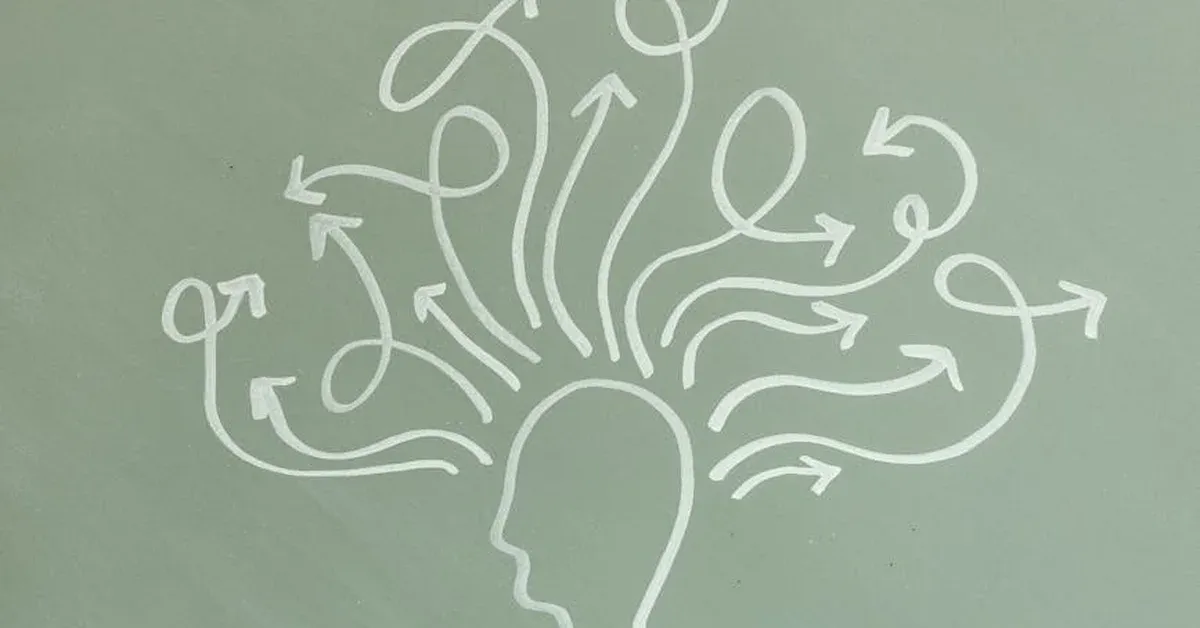
Ever feel like you’re just going through the motions? You probably are. New research shows that 88% of our daily actions aren’t guided by conscious choice. Instead, they’re run by our brain’s autopilot system. This isn’t just about grabbing coffee without thinking. It’s how our brains work, shaping everything from morning routines to major life habits. While we think we’re in control, ingrained behaviors pull most of the strings.
Your Unconscious Day
Picture most of your day happening without active thought. Brushing teeth, checking your phone, driving to work, responding to certain situations - these often happen automatically. Psychologists call this habit formation. When we repeat actions in similar situations, they become so ingrained they need almost no mental effort. This mental shortcut helps us function efficiently, but it means our sense of free will might be mostly an illusion. This autopilot behavior affects productivity, decision-making, and our ability to make real choices.
Why Your Brain Loves Shortcuts
Why does our brain hand over so much control? It’s all about efficiency. Our brains want to minimize work, and habits are the ultimate energy saver. Instead of consciously thinking through every action, the brain assigns routine tasks to autopilot. This happens mainly in an area called the basal ganglia. It frees up space in the prefrontal cortex for complex thinking. Think of an experienced pilot. They can fly manually, but autopilot handles routine flight while they focus on weather changes or navigation. This system lets us learn complex skills like riding bikes or coding, turning conscious choices into smooth automatic sequences. Without this, our brains would be overwhelmed by constant decisions.
When Autopilot Becomes a Problem
While efficient, heavy reliance on autopilot has downsides. Left unchecked, it can create rigid, unhelpful behaviors. Ever wonder why bad habits are so hard to break or good ones tough to start? Your brain prefers familiar paths. Studies show chronic stress pushes us deeper into autopilot mode, making goal-directed decisions even harder. This locks us into cycles that resist change, even when we consciously want something different. This extends beyond morning routines to deep patterns, similar to how social norms shape even basic hygiene habits. Understanding these unconscious processes is the first step to regaining control.
Taking Back the Controls
Are we stuck repeating the same patterns forever? Not completely. While autopilot runs most of the show, our brains can override habits in real-time. Scientists found that a brain area called the ventrolateral prefrontal cortex helps stop habits that conflict with our goals. But this ability requires conscious effort and focus.
Changing deep habits isn’t about forcing change. It’s about strategic reprogramming. You slowly add new conscious choices and reinforce them across brain circuits. By repeatedly doing a desired action, even small ones, you create new neural pathways. This conscious intervention builds new automatic behaviors that match your goals. You’re essentially creating a better autopilot. Whether you want better productivity, healthier choices, or more presence, understanding your brain’s autopilot gives you real power for change. It means recognizing the ghost driver, then gently taking control when it matters most.